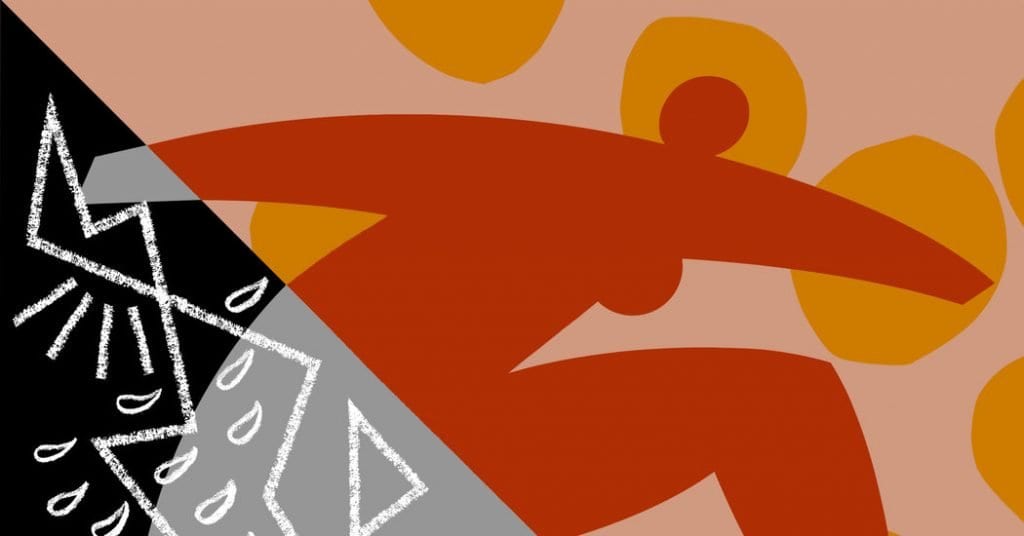Menopause wasn’t the only syndrome that preoccupied European physicians in this “early modern” era; others included hysterical suffocation, nymphomania, chlorosis or “green sickness,” and melancholia. Menopause clearly belongs to this group in its origin, nature and development. But it’s the only one still accepted by physicians today — the others linger only as ghosts in the shadows of certain psychiatric diagnoses.
Menopause might have had the same fate, but just as skepticism was rising in the early 20th century, hormones were discovered. People imagined estrogen and testosterone as magical elixirs of youth; estrogen in particular became a profitable drug. Over the course of the 20th century, the idea of menopause as primarily a deficiency of estrogen took hold, and it is still common in medical textbooks.
All this is not to say that the symptoms of menopause are “all in our heads” or that there isn’t a real physical transition taking place. Far from it. The point, rather, is that culture has a powerful effect on how, and even on whether, we experience menopausal symptoms.
And the larger point is that when it comes to menopause, Western culture has conditioned us to see the symptoms surrounding it as the most important thing about this transition. They aren’t.
While the concept of menopausal syndrome arose only some 300 years ago, post-reproductive life is as old as our evolution as a species and is one of Homo sapiens’ unique features. Adaptive theories of menopause, like the Grandmother Hypothesis, argue that postreproductive women shared food and other kinds of help with their children and grandchildren, and as a result, their daughters reproduced faster. What would otherwise have been five decades of reproduction could be compressed into half that time. This strategy meant that every group of humans had an invaluable, naturally renewing resource — older, experienced women with energy to spare. Menopause, in other words, is one of the traits that allowed humans to become the successful species we are.
So let’s stop talking about menopause as though there’s something wrong with it. Menopause isn’t just a collection of symptoms or a pathological condition. It’s a transition to a phase of life that has been critical to human success — one that should be valued and respected, not approached with dread.
This content was originally published here.







